This volume covers a wide range of research based topics on traditional forestry knowledge and practices relating to sustainable use of biodiversity resources among local and indigenous communities throughout the state of Chhattisgarh. The research articles have been contributed by eminent scientists, policy makers and forest executives of Chhattisgarh. The articles have been categorised into five broad thematic sections. These sections are intellectual property right and collective biodiversity knowledge, green consumerism vs conservation of MAP diversity in Chhattisgarh, sustainable use of Medicinal Plants, Folk Healers of Chhattisgarh and Medicinal Plant Diversity in Chhattisgarh. Chhattisgarh, the premier herbal state of India upholds rich local health tradition and cultural heritage of the state. The traditional forestry knowledge upheld by forest dwelling communities of the state contribute significantly towards ensuring balance between ecology and economic development since time immemorial. The traditional knowledge base of these communities is tightly interwoven with traditional religious beliefs, customs, folklore, land use practices and community level decision making processes. In the era of industrialization and neocolonisation, the traditional forest related knowledge and practices of this herbal state have been exposed to series of threats. These threats are imbalanced power relations between state forest management authorities and local and indigenous communities. The traditional governance systems and customary laws are often at odds with those of the state. The traditional knowledge and practices are in the process of erosion. The policies and regulations of the government very often restrict access and traditional use of forest resources which lead to brutal damage and erosion of traditional culture and of traditional land and forest management knowledge and practices. The younger generations in indigenous communities of the state do not take interest in protecting traditional wisdom, knowledge and lifestyle. This irreparable loss of traditional knowledge and livelihoods cultural and biological diversity has led to degradation of local adaptability to maintain balance between ecosystem and economic development of the state. This volume covers a well documented directory of traditional healers of the state maintained by Chhattisgarh State Medicinal Plants Board. This volume will provide a wide range of guidelines to policy makers, environmentalists and researchers to develop appropriate action plan and projects on sustainable use and conservation of medicinal plants.
Folk Medicine, Folk Healers and Medicinal Plants of Chhattisgarh
$188.10
$209.00
In stock
Free & Quick Delivery Worldwide
All orders amounting to US$ 50 or more qualify for Free Delivery Worldwide. For orders less than US$ 50, we offer Standard Delivery at $14 per book.
ABOUT THE AUTHOR R N Pati
R.N. Pati (born in April 1954) is an eminent Social Anthropologists cum Demographer by profession. He has worked among tribes, peasants, slum dwellers and back ward groups of Orissa over a period of twenty years. Currently he is Assistant Director, Population Research Centre, Bhubaneswar. As a demographer he has contributed significantly in the field of tribal health, evaluation of health and family welfare programmes in Orissa. He has also visited Kualalampur, Malaysia and Honolulu, USA on a Fulbright Project assignment in 1982. He is an eminent Social Worker of Orissa. He has been actively associated with activities of various institutions in different capacities. He has visited several foreign countries like USA, Norway, Netherlands and participated in different international conferences, i.e., 20th World Conference o SID on “World or Severalâ€, Amsterdam May 1991, ECO-92 Public Forum, May 1991, Amsterdam, 30th IULA World Congress on “Environment, Health and Life Style†June 1991 Osio, Norway, South Asia Regional Conference on Policies and Strategies for Sustainable Development in South Asia, Dhaka, Bangladesh, November 1990. He is Honorary Executive Director of Council for Tribal and Rural Development (CTRD) a leading NGO of Orissa. He was rthe Professional Associate to East-West Population Institute, Honolulu, Hawaii, USA in 1982. At present, he is Secretary General, Society for International Development of Bhubaneswar Chapter. He worked as Consultant Anthropologist to NORAD in 1981 and 1987 for the project, Development of Traditional Fishing villages in Northern Balasore. He worked as Consultant anthropologist to various national and international agencies. He has directed a good number of research projects sponsored by National Commission for Women, New Delhi, Ministry of Human Resource Development, Government of India, Indian Council of Social Science Research (ICSSR), New Delhi, Department of Science and Technology, Government of India, Ministry of Health and Family Welfare, Government of India, New Delhi, Harijan and Tribal Welfare Department, Government of Orissa. He has edited twelve books. His other books are Population Family and Culture (1987), Tribal Development in India (1989), Aged in India (1989), Tribal Demography in India (1990), Health, Environment and Development (1991), Rehabilitation of Child Labourers in India (1991), Reproductive Child Health (2002) and Tribal and Indigenous People of India: Problems and Prospects (2002). He was honoured with prestigious Rajiv Gandhi Sadbhawana Award 2003 as the Best Scientist of the Year 2003 Orissa by Rajiv Gandhi Foundation, New Delhi.
reviews
0 in total
Review by Anonymous
Be the first to review “Folk Medicine, Folk Healers and Medicinal Plants of Chhattisgarh” Cancel reply
You must be logged in to post a review.
Bibliographic information
Title
Folk Medicine, Folk Healers and Medicinal Plants of Chhattisgarh
Author
Edition
1st ed.
Publisher
ISBN
8176256070, 9788176256070
Length
xiv+376p., Color Illustrations; 25cm.
Subjects

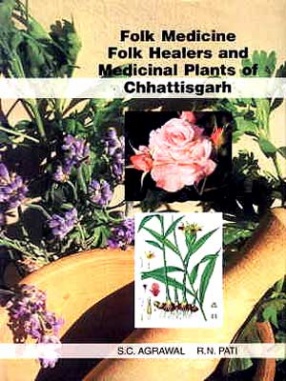
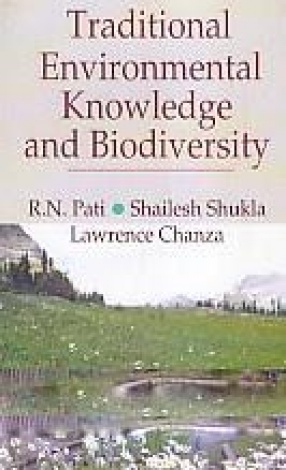
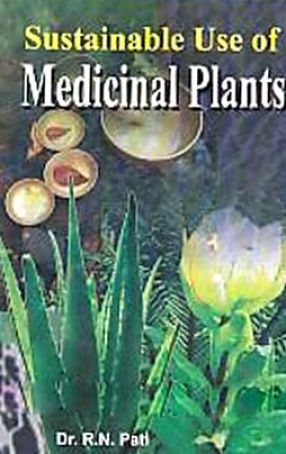

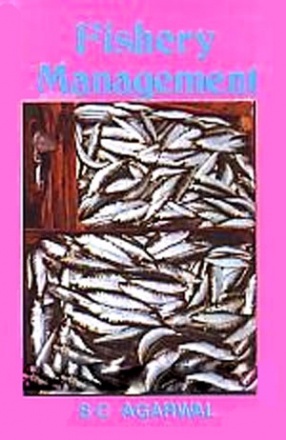

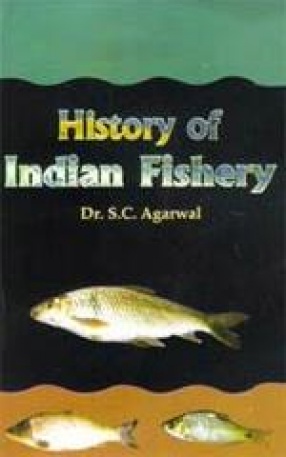

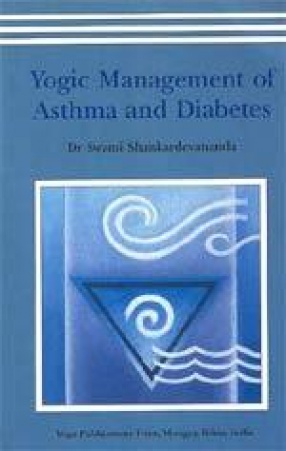
There are no reviews yet.